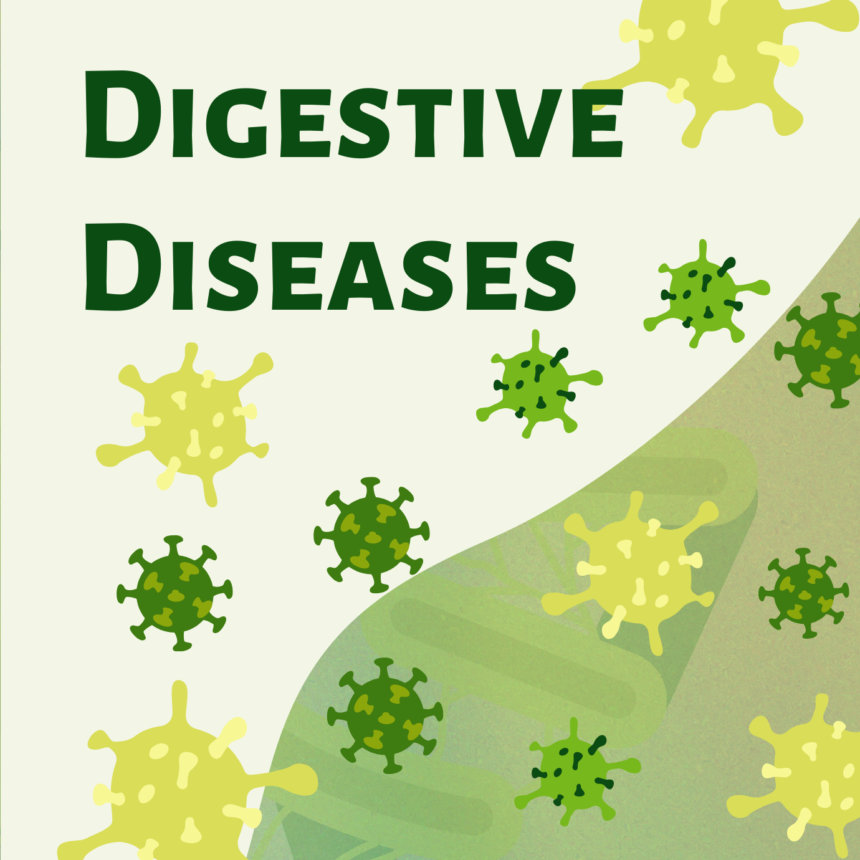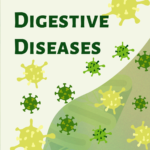The liver is a vital organ responsible for processing nutrients, detoxifying the blood, and producing essential proteins. However, it’s susceptible to various diseases that can have serious consequences. In this article, we’ll explore three common liver conditions: Hepatitis, Fatty Liver Disease, and Cirrhosis, and how to navigate them.
1. Hepatitis:
Hepatitis is an inflammation of the liver often caused by viruses, the most common of which are Hepatitis A, B, and C. It can also result from excessive alcohol consumption, certain medications, or autoimmune diseases.
Symptoms: Hepatitis symptoms can range from mild to severe and may include fatigue, jaundice (yellowing of the skin and eyes), abdominal pain, nausea, and dark urine.
Prevention: Hepatitis A and B can be prevented through vaccines. Hepatitis C is mainly transmitted through blood, so avoiding sharing needles or engaging in risky behaviors can reduce the risk.
Treatment: Treatment depends on the type and severity of hepatitis. Some cases resolve on their own, while others may require antiviral medications or supportive care.
2. Fatty Liver Disease:
Fatty Liver Disease (NAFLD) is characterized by the accumulation of fat in liver cells. It’s often associated with obesity and metabolic syndrome.
Symptoms: NAFLD is typically asymptomatic in its early stages. However, as it progresses, it can lead to symptoms like fatigue, abdominal discomfort, and jaundice.
Prevention: Lifestyle modifications, including maintaining a healthy weight, balanced diet, and regular exercise, are essential for preventing NAFLD.
Treatment: Managing NAFLD involves weight loss, dietary changes, and exercise. In more advanced cases, medical intervention may be necessary.
3. Cirrhosis:
Cirrhosis is advanced scarring of the liver tissue, often caused by long-term liver damage and inflammation, such as that seen in chronic viral hepatitis and alcohol use disorder.
Symptoms: Symptoms of cirrhosis can include fatigue, easy bruising, swelling in the legs and abdomen, confusion, and bleeding tendencies.
Prevention: Preventing cirrhosis involves avoiding excessive alcohol consumption, getting vaccinated for hepatitis, and managing chronic liver diseases.
Treatment: Cirrhosis is irreversible, but early intervention can slow its progression. Treatment may include lifestyle changes, medications, and in severe cases, liver transplantation.
Conclusion:
Liver diseases are complex and can have significant health implications. Preventing these conditions through vaccination, a healthy lifestyle, and responsible alcohol use is crucial. Early detection and appropriate management are essential for those who develop liver diseases. If you’re experiencing symptoms or have risk factors, consult a healthcare provider for evaluation and guidance on maintaining your liver health.








